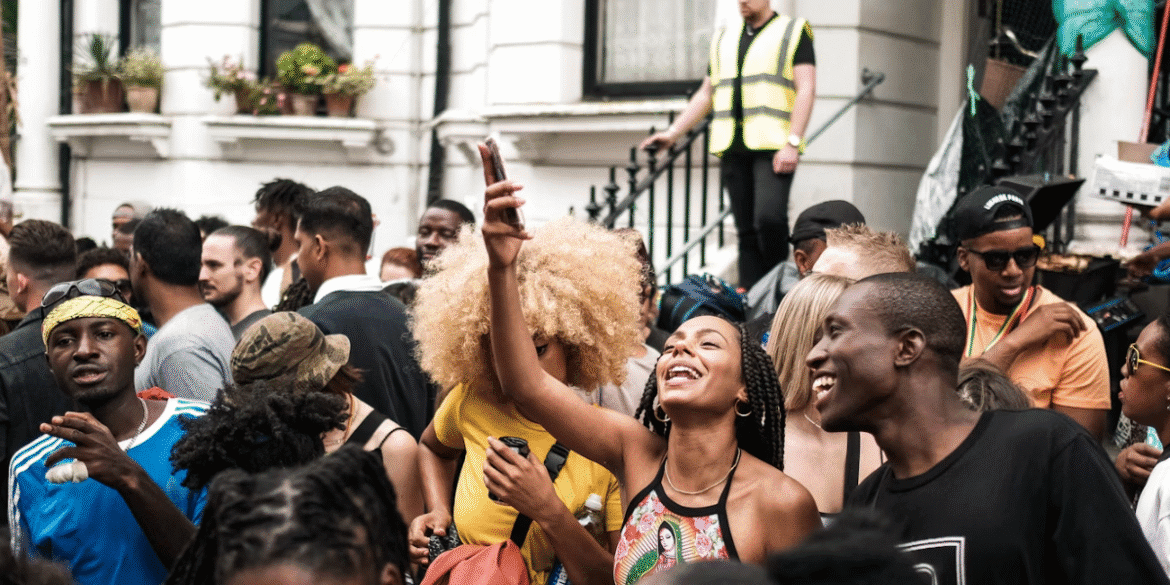Black History Month, an annual observance celebrated across the United States, officially began on February 1, 2024, marking the start of a month-long series of events dedicated to recognizing the profound contributions of African Americans throughout history. This year’s theme, “Unity and Change,” reflects the ongoing struggles for racial equality and justice while acknowledging the significant strides that the African American community has made in politics, culture, and education. The opening ceremony was a powerful testament to this theme, taking place at the National Museum of African American History and Culture in Washington, D.C., with over 500 leaders, artists, activists, educators, and public figures in attendance.
Among the notable speakers at the event were civil rights leader Reverend Al Sharpton, Congresswoman Ayanna Pressley, and award-winning actress Viola Davis. Each speaker contributed unique perspectives on the legacy of African American history and the need for continued advocacy and action. Viola Davis, in particular, moved the audience with a deeply emotional speech about her family’s experiences with racism and perseverance. Her words resonated with many in the room as she reflected on the struggles of African Americans both past and present. The ceremony also included an impassioned performance of the Black national anthem, “Lift Every Voice and Sing,” by gospel singer Yolanda Adams, whose powerful voice reminded attendees of the long history of African American resilience and strength.
The event was a stirring reminder of the importance of both remembering history and taking collective action to move forward. It also highlighted the challenges of organizing such a large-scale event. Behind the scenes, organizers faced various obstacles, including last-minute program changes after one of the keynote speakers fell ill. Despite these hurdles, the event went on smoothly, showcasing the resilience and adaptability of the team responsible for putting it together. It was a success not only for the speakers and performers who took center stage but also for the many individuals who helped bring the event to life, from event planners to volunteers. The media coverage of the event helped raise awareness about the need for continued dialogue on racial justice, with discussions extending far beyond the museum walls.
This year’s Black History Month holds particular significance, as it marks the 60th anniversary of the Civil Rights Act of 1964, a milestone in the fight for racial equality. The landmark legislation helped to dismantle legal segregation and discrimination in public spaces and employment, a pivotal moment in American history that was the result of decades of activism by African American leaders and communities. Many of the events planned throughout the month will focus on the legacy of this period, particularly the activism and bravery of those who fought for civil rights during the 1960s and 1970s. These events will encourage people to reflect on the hard-won victories and the continuing struggle for racial justice in the United States.
In addition to celebrating past achievements, this year’s observance is also a call to action. The continued fight for equality, whether in education, employment, or voting rights, remains as pressing as ever. The visibility of public figures, artists, and activists during this month reinforces the message that African American voices continue to play an essential role in shaping the future of the nation. From Reverend Sharpton’s call for unity to Congresswoman Pressley’s commitment to pushing for policies that address systemic racism, the speakers reminded audiences that the journey for full racial equality is ongoing and requires collective effort.
Looking ahead, Black History Month 2024 offers a moment for reflection and a call to future generations to continue the work of their predecessors. As we celebrate the triumphs of the past, we must also acknowledge the challenges that remain, from economic disparities to criminal justice reform. The ongoing commitment to racial justice by public figures, activists, and everyday citizens helps ensure that Black History Month will not just be a time to reflect but also a time to inspire change.
This year’s celebration is not just a commemoration of African American history but a living movement that pushes the nation toward a more just and equitable future. The conversations sparked during Black History Month will continue throughout the year, helping to shape public discourse and policy in the years to come. As we remember the legacy of those who fought for freedom, let us also recognize the work still to be done in the quest for equality.


